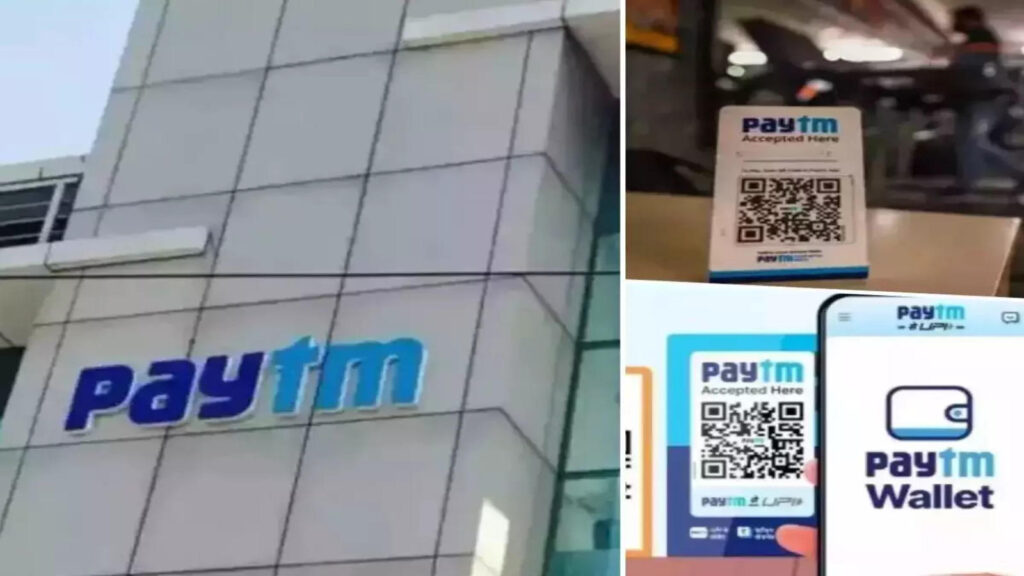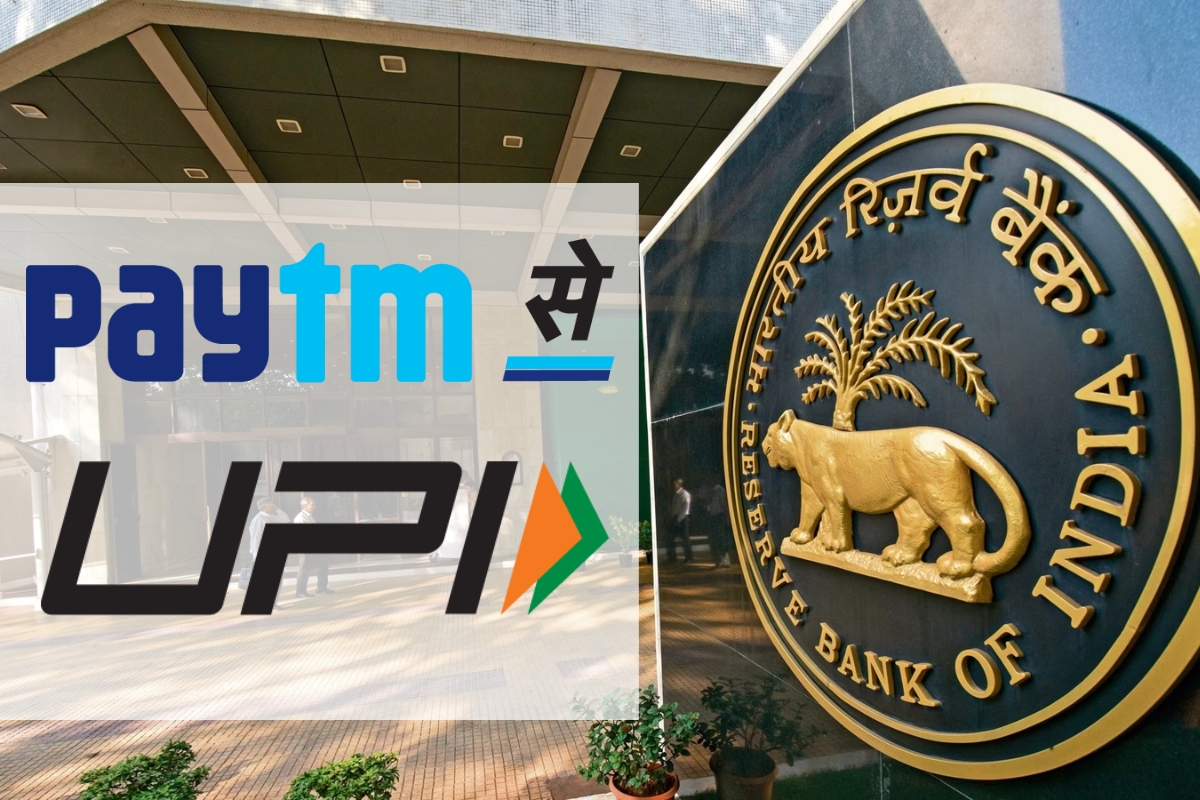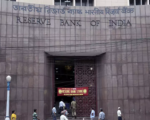Paytm: A UPI Giant with 1.6 Billion Monthly Transactions
In response to the recent regulatory directive, the Reserve Bank of India (RBI) has taken steps to ensure the continued operation of Paytm, formally known as One 97 Communications, as a facilitator of Unified Payments Interface (UPI) transactions.
The RBI announced on Friday that it has instructed the National Payments Corporation of India (NPCI) to consider Paytm’s request to become a third-party application provider (TPAP), a move aimed at preserving the app’s ability to process payments via India’s popular UPI platform. If approved, Paytm will need to establish partnerships with a select group of banks to support its operations in compliance with the regulatory framework.
The NPCI, as directed by the RBI, is tasked with identifying and facilitating partnerships with four to five banks capable of efficiently processing high volumes of UPI transactions. These banks will serve as service providers to Paytm, ensuring the seamless operation of its payment services. However, the RBI has stipulated that Paytm must refrain from adding new users until all existing users are satisfactorily migrated to the new payment handle, ensuring minimal disruption to ongoing transactions and user experience during the transition period.

The regulatory intervention comes in the wake of the RBI’s directive last month, which mandated Paytm Payments Bank, an affiliate of Paytm, to wind down its operations by March 15. This decision had significant implications for Paytm’s operations, as the payment app relied on the banking unit to facilitate transactions on its platform. With Paytm processing a staggering 1.6 billion monthly transactions, it holds a prominent position as the third-largest app for UPI payments in India, trailing behind PhonePe and Google Pay, according to data provided by the NPCI.
Amidst these regulatory developments, Paytm faces the critical task of navigating the transition to its new operational model while ensuring minimal disruption to its vast user base and maintaining the integrity of its payment services. The RBI’s intervention underscores the importance of regulatory compliance and stability in the rapidly evolving fintech landscape, emphasizing the need for robust frameworks to safeguard the interests of consumers and ensure the smooth functioning of digital payment ecosystems.
As Paytm works towards realigning its operations and forging new partnerships with banking institutions, stakeholders will closely monitor developments to assess the impact on the broader digital payments ecosystem and the app’s long-term viability and competitiveness.To keep Paytm QR codes running, the company may open settlement accounts with one or more banks, the RBI said. Paytm said last week it had signed on Axis Bank to act as a banking partner.


















